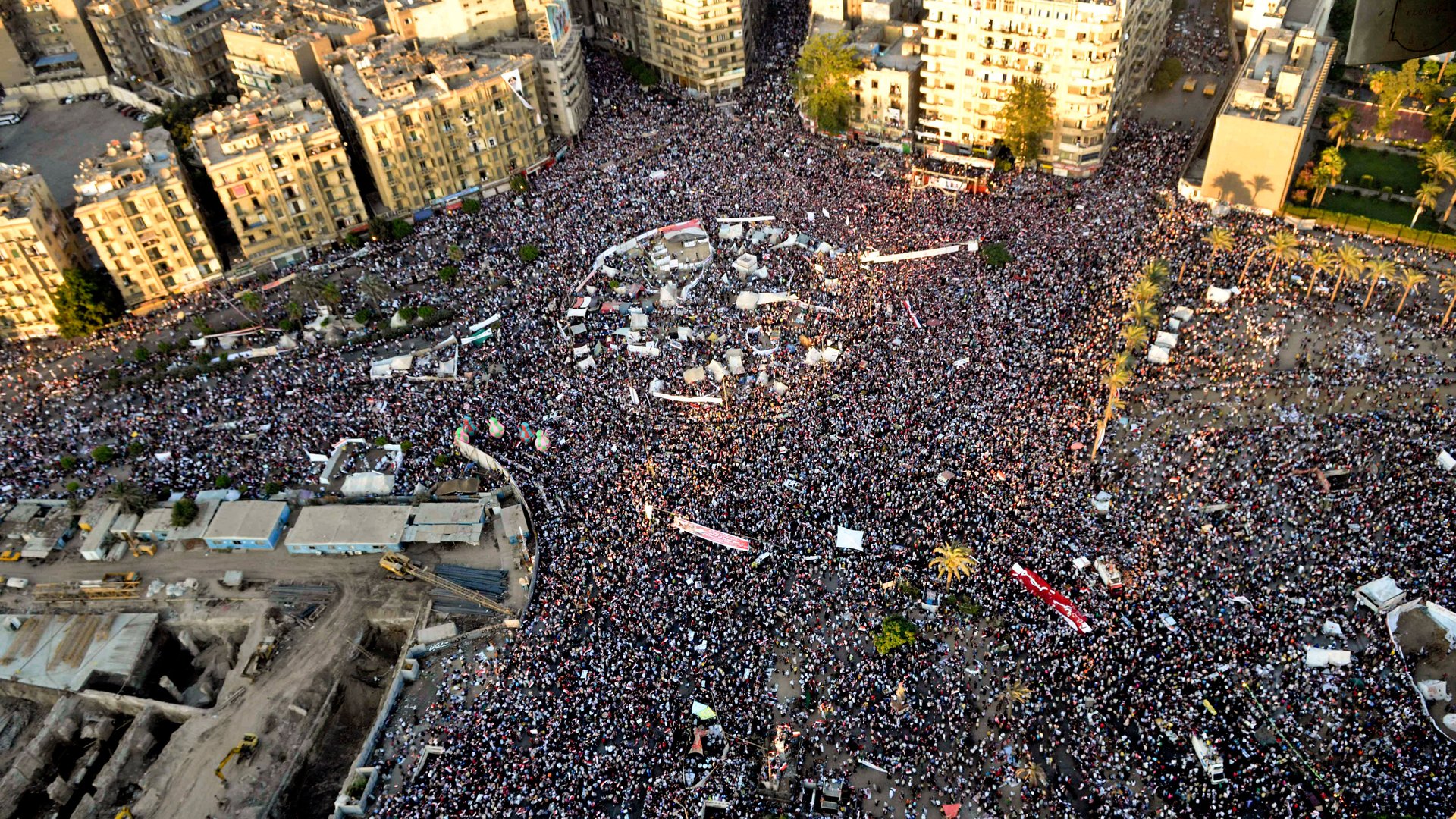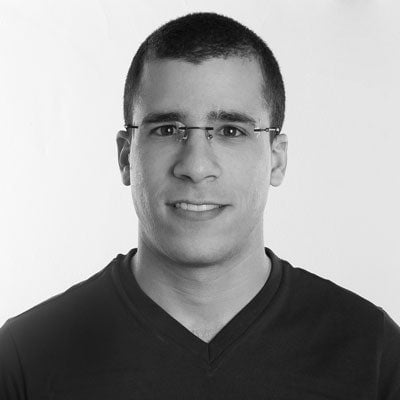What it’s like to build a startup in a country that’s rebuilding itself
Building a company is never easy. To do so under political turmoil following the toppling of a dictator—well, that’s a far bigger challenge than your typical Silicon Valley woes, like raising money, finding office space, or hiring engineers.


Building a company is never easy. To do so under political turmoil following the toppling of a dictator—well, that’s a far bigger challenge than your typical Silicon Valley woes, like raising money, finding office space, or hiring engineers.
“You have no idea,” Omar Gabr, cofounder of Cairo-based Instabug, tells Quartz.

For Instabug, which offers a tool that lets users report app bugs by shaking their phones, political instability can sometimes throw a wrench into its plans. Take, for example, Instabug’s launch in 2013. The company planned to make its debut at a tech conference in San Francisco, but those plans got derailed when the American embassy in Cairo was shut down and cut off from power. That left Gabr and his cofounder Moataz Soliman without a way to get to the US, forcing them to turn to plan B. An American friend ended up pitching Instabug at the conference’s startup competition.
Four years after Egypt’s revolution, Gabr says stability has returned to the country. There’s now a vibrant tech scene, with about 200 startups, a handful of venture capitalists, and many engineering grads eager to work at smaller companies, he says. In March, Quartz caught up with Gabr during a month-long work trip in San Francisco. He talked about how renewed optimism has driven Egypt’s startup landscape and what the region is doing to foster entrepreneurship. (This transcript has been condensed and edited for clarity.)
How did the Egyptian revolution affect the country’s tech scene?
That’s the good thing about the revolution of the 25th [the protests began Jan. 25, 2011]. Most of the people participated. We had just overthrown someone who was dictating the country for 30 years. This gave people the motivation that we can do it, we can do anything. If we can do that, we can build our own country, we can build our own companies.
What’s the startup landscape like today?
There’s a lot of activity going on right now. There’s probably about five venture capitalists and an angel group, and there’s one accelerator that’s producing most of the good-quality companies. It’s called Flat6Labs—we were one of the companies. You can think of it as a Y Combinator for the Middle East. They have a branch in [Cairo] Egypt, in Abu Dhabi, [and] in Jeddah, Saudi Arabia. It has the same elements of the ecosystem here [in the Bay Area], but much smaller. There’s a small number of advisors, small number of investors, small number of companies. The good thing is you can fundraise from here.
Since the ecosystem is really small, everyone plays a huge part. The government, they have funds for supporting engineers. They have buildings in something called the Smart Village—you can think of it like the Googleplex, 100 buildings together. Ahmed Alfi [founder of Sawari Ventures and Flat6Labs] leased an old building in downtown, near Tahrir Square. They call it the Greek campus. He’s trying to get the whole ecosystem in this building.
What advantages are there to running a company in Egypt compared with San Francisco?
The retention is really, really, really hard if you want to hire someone in San Francisco. You’re competing with Google, with Facebook, with everyone—and everyone just wants to get the best talent. The good thing in Egypt, they have the same good talent here. A lot of the universities have large engineering programs.
Is there a parallel between Instabug’s function as a tool to track and fix bugs and the politics in Egypt?
That’s a really interesting observation. Egypt is more stable, but it’s still really complicated. We’re trying to fix software bugs. Other people are trying to fix government bugs. Everyone is just doing their part at fixing what they can.